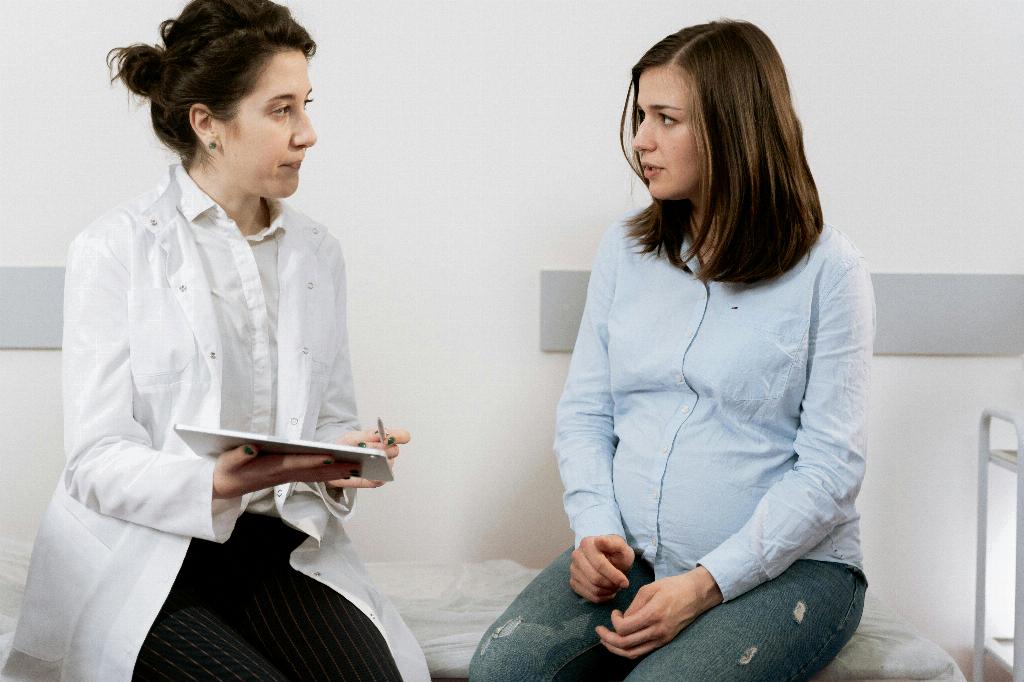Testing positive for Group B Streptococcus (GBS) during pregnancy can have important implications for both the mother and the baby. GBS is a type of bacteria that is commonly found in the digestive system and reproductive tract and usually does not cause any symptoms in healthy adults. However, when a pregnant woman tests positive for GBS, it can potentially affect the health of the newborn.
One of the main concerns when a woman tests positive for GBS during pregnancy is the risk of transmitting the bacteria to the baby during childbirth. Babies who are exposed to GBS during birth can develop serious infections such as pneumonia, meningitis, or sepsis, which can be life-threatening if not treated promptly.
For this reason, pregnant women who test positive for GBS are usually given antibiotics during labor to reduce the risk of passing the bacteria to the baby. Antibiotics can significantly decrease the chances of the newborn developing GBS-related infections and improve their outcomes.
It is important for pregnant women to follow their healthcare provider’s recommendations if they test positive for GBS. This may involve receiving antibiotics during labor, staying in the hospital for monitoring after birth, or other preventive measures to ensure the health and safety of the newborn.
Testing positive for GBS during pregnancy can also impact the mode of delivery. In some cases, women who are colonized with GBS may be advised to have a cesarean section instead of a vaginal delivery to reduce the risk of bacterial transmission to the baby.
While testing positive for GBS may raise concerns for pregnant women, it is essential to remember that with proper monitoring and medical interventions, the risk of GBS-related complications can be significantly reduced. Regular prenatal care and open communication with healthcare providers are crucial in managing GBS during pregnancy.
In addition to receiving antibiotics during labor, healthcare providers may recommend other strategies to prevent GBS transmission to the baby, such as maintaining good hygiene practices, avoiding sexual activity during pregnancy, and discussing any concerns or symptoms with a healthcare provider promptly.
It is crucial for pregnant women to inform their healthcare providers if they have previously tested positive for GBS during pregnancy in subsequent pregnancies. This information can help healthcare providers develop a comprehensive plan to manage GBS and minimize the risk of infection in newborns.
Despite the potential risks associated with testing positive for GBS during pregnancy, it is essential to remember that most babies born to GBS-positive mothers do not develop serious infections. By following recommended protocols and receiving appropriate treatment, the vast majority of newborns can be protected from GBS-related complications.
Overall, testing positive for GBS during pregnancy underscores the importance of prenatal care and the close monitoring of maternal and fetal health. With early detection, proper management, and timely interventions, the potential impact of GBS on the newborn can be minimized, leading to better outcomes for both the mother and the baby.
In conclusion, testing positive for GBS during pregnancy necessitates proactive measures to safeguard the health of both the mother and the baby. By following medical recommendations, staying informed, and seeking timely care, pregnant women can effectively manage GBS and ensure a healthy pregnancy and delivery.

